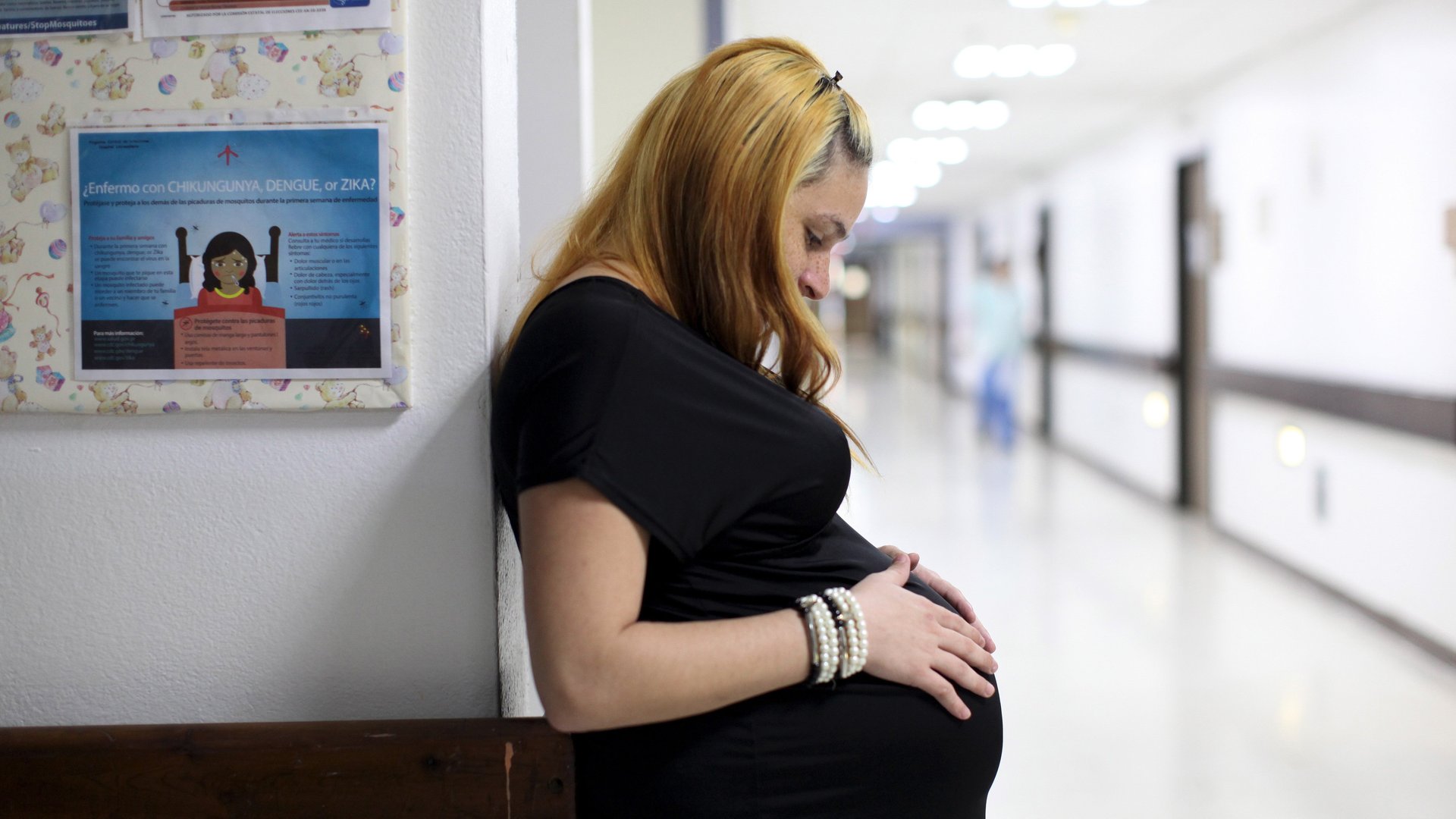Puerto Rico’s answer to protecting everyone from the Zika virus: freeze the price of condoms
When the Zika virus began to tear through Latin America in January, governments started to panic. El Salvador, for example, gently suggested that women try not to get pregnant for the next two years, in order to avoid having a child that could be born with microcephaly and other long-term complications.


When the Zika virus began to tear through Latin America in January, governments started to panic. El Salvador, for example, gently suggested that women try not to get pregnant for the next two years, in order to avoid having a child that could be born with microcephaly and other long-term complications.
Puerto Rico, on the other hand, has taken another path to help avoid the spread of the virus through the territory: price controls—specifically, on the cost of condoms.
On Feb. 5, Puerto Rico’s Department of Consumer Affairs (DACO) added condoms to the agency’s price-freeze list (link in Spanish), along with other medical items like pain relievers and mosquito repellant. The DACO’s decision to do so meant that customers would not be charged absurdly high prices for the potentially life-saving condoms, as NPR reported. On the same day as the price-freeze, Puerto Rico governor Alejandro Garcia Padilla also declared a public health emergency around the Zika virus, the Associated Press reported.
Economists debate the effectiveness of price controls: although they aim to protect the consumer and eliminate price-gouging, price ceilings are thought to create shortages by decreasing supply and increasing demand. Of course, governments setting price controls is nothing new—for example, the US government placed a price ceiling on food during World War II.
The attempt to keep condoms accessible and affordable for everyone came just after a patient in Dallas, Texas appeared to have contracted Zika from having sex with someone who had recently traveled to Venezuela. Health officials have since urged men and women traveling to or living in countries with the Zika virus to use condoms when having sex, in order to further prevent the spread of the virus. However, as Quartz has previously reported, proving that the Zika virus is sexually transmitted is actually extremely difficult.